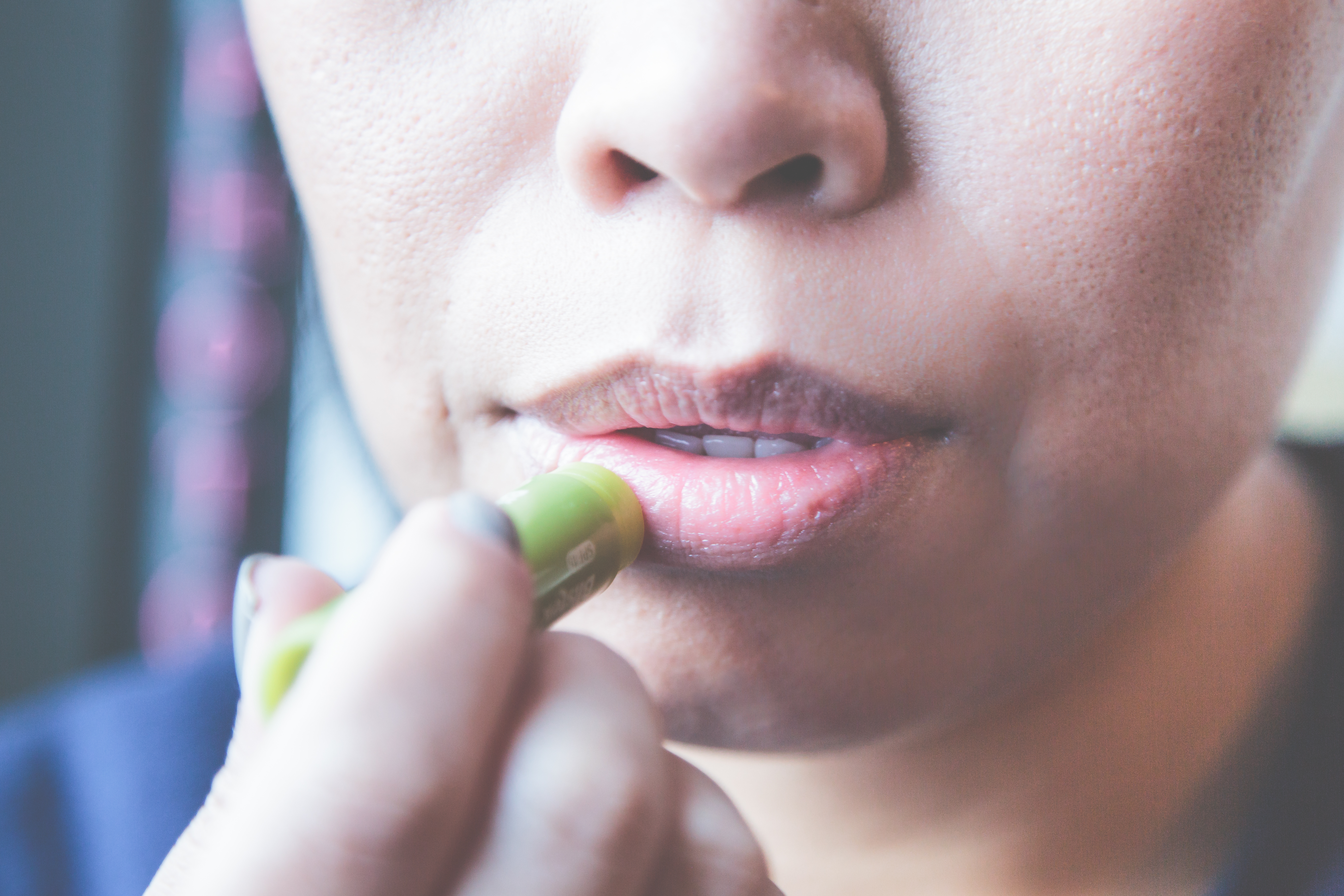10 Unnerving Indications You're Dancing with Emphysema
Imagine an uninvited partner leading a slow, stealthy dance that gradually steals your breath away. This is the unnerving reality of emphysema, a progressive lung condition where the tiny air sacs (alveoli) responsible for your every breath slowly weaken and tragically rupture. Often sparked by long-term exposure to airborne irritants like tobacco smoke, chemical fumes, or pollution, or sometimes by an inherited protein deficiency, its initial steps can be deceptively subtle, easily dismissed as normal aging or minor ailments. But these early whispers are crucial to hear. Recognizing them can make all the difference in managing the condition and preserving your quality of life. Are you catching the subtle, unnerving cues of this dangerous dance? We’re unveiling 10 unnerving indications that it might be time to change partners and consult your doctor immediately.
1. Shortness Of Breath

Emphysema causes the alveoli in the lungs to rupture, which creates a larger space in the tissue that cannot be utilized and less surface area in the lung for the exchange of carbon dioxide and oxygen. As the disease progresses, these spaces in the lungs become larger and larger. The large space causes old oxygen-poor air to become trapped in the lungs, keeping it from expanding and filling with new air that is rich in oxygen. Shortness of breath is a term used to describe when an individual feels an intense chest tightening sensation, has problems breathing, is starved of air, or feels like they are being suffocated. It is also commonly referred to as dyspnea in the medical community. Healthy individuals usually only experience shortness of breath when they are engaging in very strenuous exercise, are morbidly obese, are in extreme temperatures, or are at a higher altitude. Emphysema patients experience shortness of breath because they have less surface area in the lungs to facilitate the transfer of oxygen into their blood.
2. Blue Lips Or Fingernails

Cyanosis is a term used to describe a symptom where the skin of the lips and the skin underneath the fingernails turn blue. Blue lips and fingernails occur when the oxygen content of the blood is too low. The parts of the skin affected by low oxygen concentration have a different color of blood flowing through them than parts of the body with blood with a higher concentration of oxygen. Oxygen-rich blood is bright red and reflects light from under the skin as a pink or flesh color, where oxygen-poor blood is very dark red and reflects light from under the skin as a blue or grey color. The blue discoloration occurs because light reflects from the two colors of blood differently. An individual with emphysema has lungs that do not work as well as they should due to weakened alveoli. Oxygen-poor air fills into spaces where the alveoli have ruptured, not allowing oxygen-rich blood to enter the lung. As a result, the oxygen content of the blood is lower than normal in distant body parts like the fingertips and mucous membranes.
